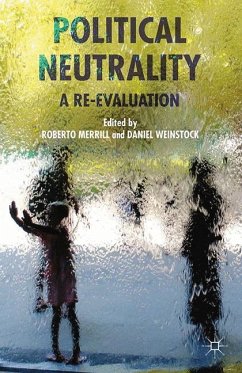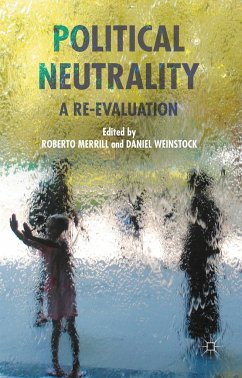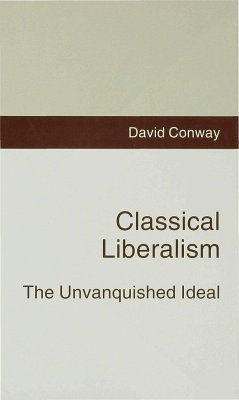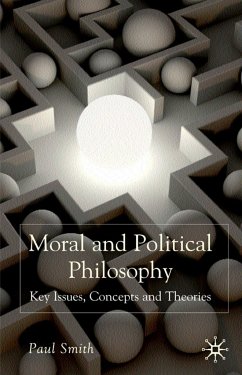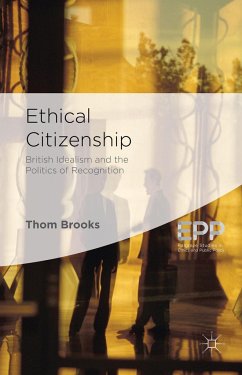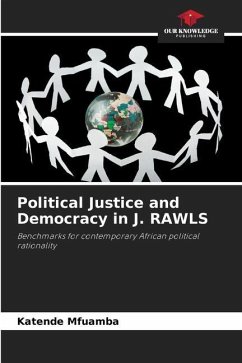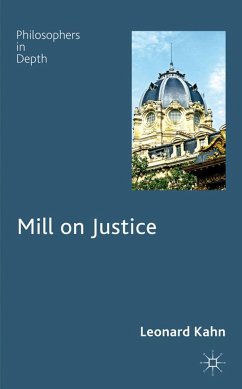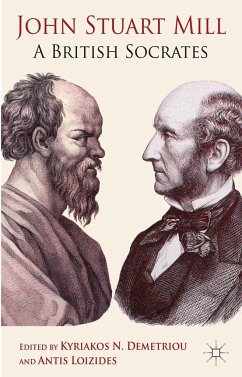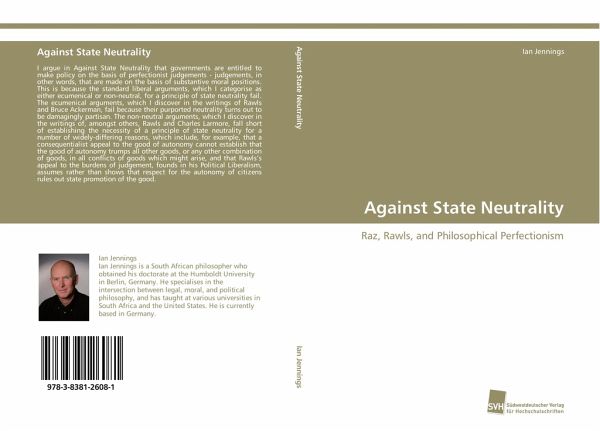
Against State Neutrality
Raz, Rawls, and Philosophical Perfectionism
Versandkostenfrei!
Versandfertig in 6-10 Tagen
53,99 €
inkl. MwSt.

PAYBACK Punkte
27 °P sammeln!
I argue in Against State Neutrality that governments are entitled to make policy on the basis of perfectionist judgements - judgements, in other words, that are made on the basis of substantive moral positions. This is because the standard liberal arguments, which I categorise as either ecumenical or non-neutral, for a principle of state neutrality fail. The ecumenical arguments, which I discover in the writings of Rawls and Bruce Ackerman, fail because their purported neutrality turns out to be damagingly partisan. The non-neutral arguments, which I discover in the writings of, amongst others...
I argue in Against State Neutrality that governments are entitled to make policy on the basis of perfectionist judgements - judgements, in other words, that are made on the basis of substantive moral positions. This is because the standard liberal arguments, which I categorise as either ecumenical or non-neutral, for a principle of state neutrality fail. The ecumenical arguments, which I discover in the writings of Rawls and Bruce Ackerman, fail because their purported neutrality turns out to be damagingly partisan. The non-neutral arguments, which I discover in the writings of, amongst others, Rawls and Charles Larmore, fall short of establishing the necessity of a principle of state neutrality for a number of widely-differing reasons, which include, for example, that a consequentialist appeal to the good of autonomy cannot establish that the good of autonomy trumps all other goods, or any other combination of goods, in all conflicts of goods which might arise, and that Rawls's appeal to the burdens of judgement, founds in his Political Liberalism, assumes rather than shows that respect for the autonomy of citizens rules out state promotion of the good.



